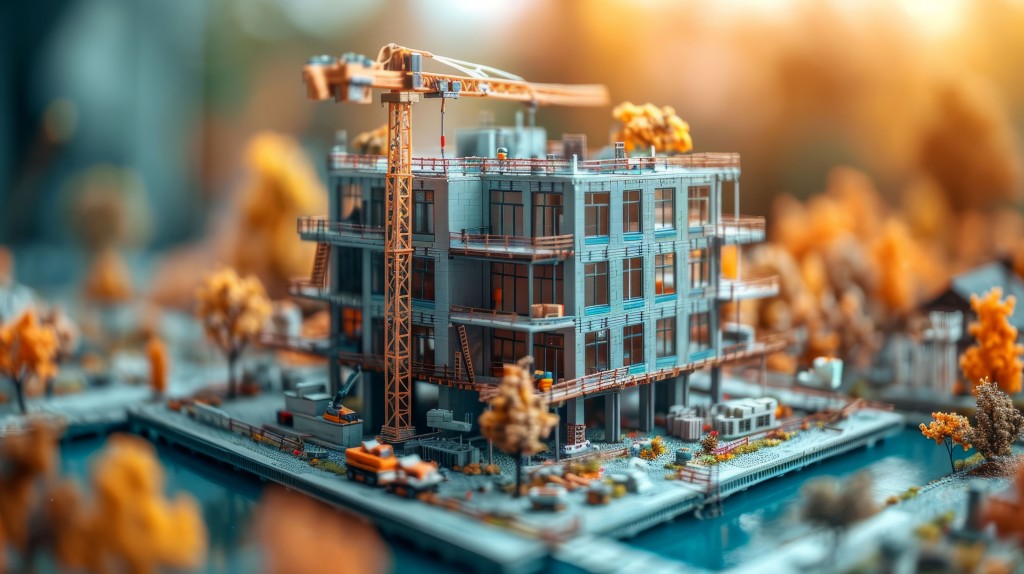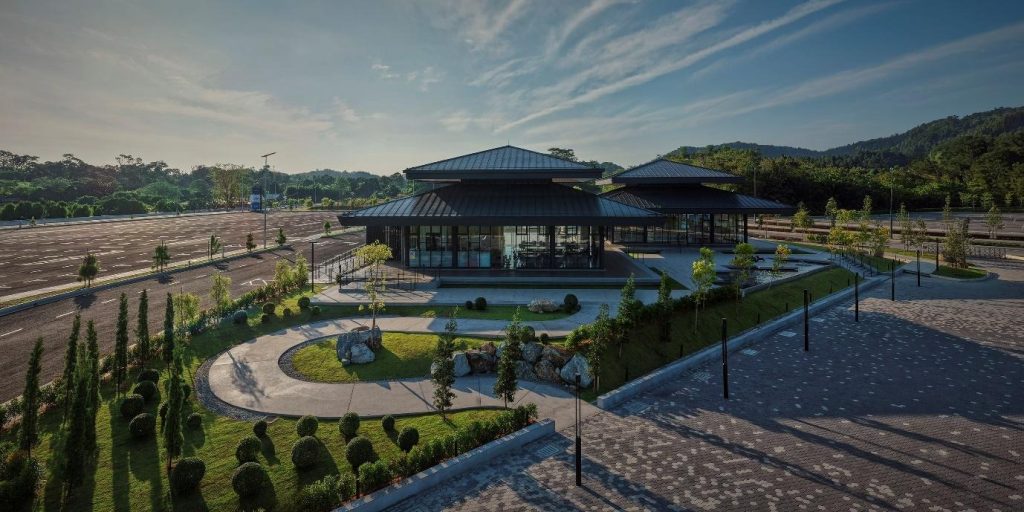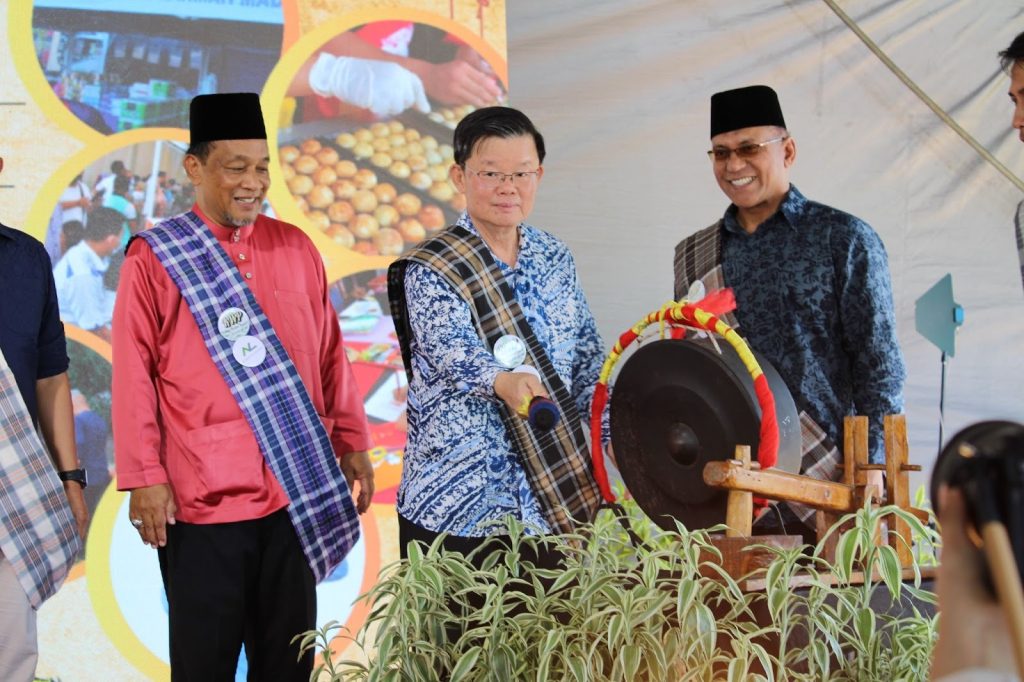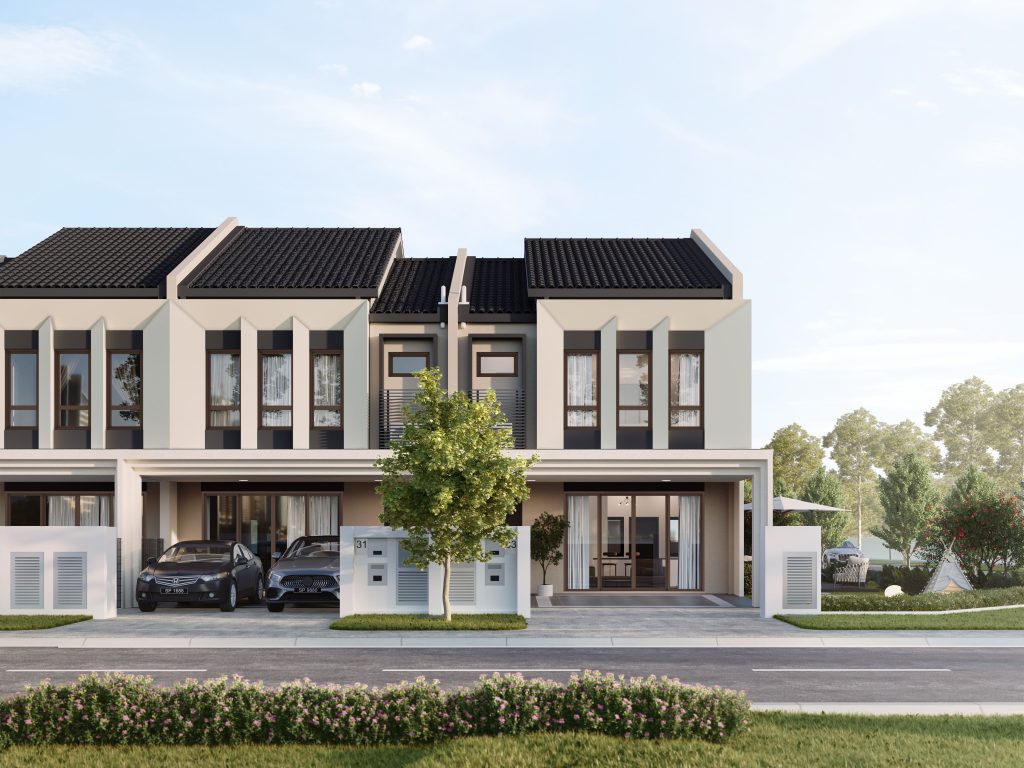By Viktor Chong viktorchong@thestar.com.my
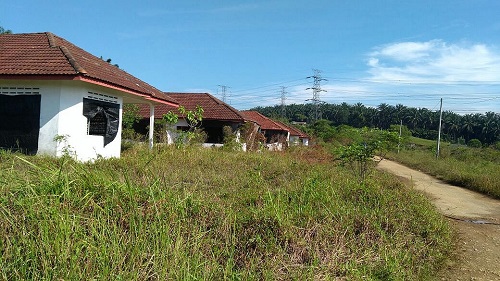
This housing project in Kampung Koskan Tambahan, Sungai Choh in Rawang has been abandoned for 17 years.
AS WE all know, the Malaysian housing policy uses the age-old “Sell then Build” concept. In other words, developers get to sell the housing units to the public before the project is completed (or started).
Our current Minister of Housing and Local Government Zuraida Kamaruddin has said in a statement that this current policy is being reviewed in favour of the Build then Sell (BTS) concept. With the BTS policy, a housing developer can only sell the house after it is built.
The idea of building then selling or selling then building sounds like a fickle thing, however, it brings a whole world of differences when contemplated.
The Sell then Built (STB) policy has been attributed to the issue of project abandonment that is causing troubles for homebuyers. According to the then Deputy Minister of Urban Wellbeing, Housing and Local Government Datuk Halimah Mohamed Sadique, there was a total of 134 abandoned private housing projects recorded between the year 2013 to 2016 in Peninsular Malaysia.
These horror stories involved first-time homebuyers who bought their houses before it has been constructed, only to find out later that the developer has abandoned the project.
To add salt to the wound, many of these first-time homebuyers have financed their house purchase with a loan. Thus, they will need to cough up their monthly instalments even though they will not be receiving the houses anytime soon (if ever).
If that isn’t horrible enough, these people will also need to pay rents, since they do not have a roof on their heads. The additional burden of paying rents and monthly instalments to the bank is more than a financial nightmare for them.
It is without question that the STB concept is detrimental to first-time house buyers. However, a case can only be objectively assessed if it is viewed through various lenses and angles.
This article presents both sides of the argument, one in favour of the STB and another from the buyer’s perspective. National House Buyers Association of Malaysia secretary-general Chang Kim Loong has been invited to provide his opinion from the buyer’s side of the argument.
Chang, however, advocates a variation of the BTS concept, also known as the BTS (10:90). In short, buyers pay 10% down payment upon signing the SPA and the remaining 90% will be payable upon completion with the issuance of the Code Compliance Certificate (CCC), with utilities connected and the houses ready for immediate occupation.
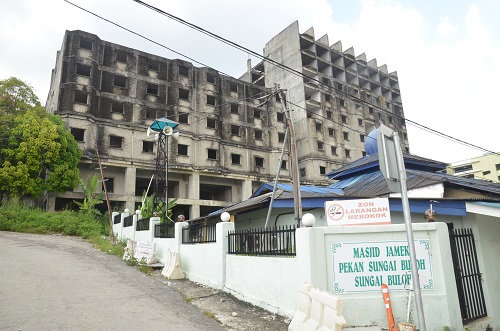
The half-built project of affordable apartments overlooking Masjid Jamek Pekan Sungai Buloh, which has been left abandoned for more than a decade.
Argument:
1/ In favour of the STB policy: Since developers get to sell the houses first before building it, they can unlock their cash flow early in the development phase, allowing them to develop multiple projects concurrently.
Chang Kim Loong: Developers should secure their finance via project financing and not rely so heavily on buyers' progressive payments. The adage aptly applies here “Profit privatised, losses nationalised.” In this sense, the developers or private companies gain the profit when the project is successful. If the project is abandoned, the government will have to use taxpayer’s money to revive these projects.
2/ In favour of the STB policy: If a BTS concept is adopted, fewer developers will have the financial capacity to carry out housing developments, and the industry will be monopolised by the big players (Big developers can control the price more effectively).
Chang Kim Loong: Not true. Big players take big projects while small players do small projects. You cannot have a small head wearing a big hat. Banks are not discerning about big or small developers. It is big trouble when small developers think they can handle big projects. To the banks, it has always been about viability, not the size of the project.
3/ In favour of the STB policy: Without cash flow from early sales, developers will undertake housing development in more affluent locations to reduce risk. They would avoid major housing development in remote areas, and this will deprive lower income groups of owning properties even if it is a low-cost or medium-cost housing unit.
Chang Kim Loong: Developers are already doing that under the present system. It has nothing to do with the STB or BTS 10:90 policy.
4/ In favour of the STB policy: Developers might also have to carry out projects on a smaller scale under a BTS concept.
Chang Kim Loong: This is in itself favourable for the industry as the banks will carry out the role of check and balance to avoid over-building.
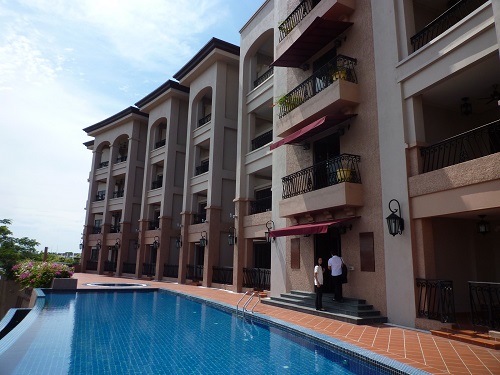
As a build-and-sell development, the low-rise, low-density Casa del Rio Residences project is only four storeys high and comprises only 32 residential units.
5/ In favour of the STB policy: Where there are lesser and smaller sized developments, it will result in a shortage of housing units, fueling further hikes in selling prices.
Chang Kim Loong: It will not cause a price hike but it will certainly encourage more houses being built because the sales will be brisk . In the BTS 10:90, developers will set their houses at saleable levels so that they can prove to the banks regarding their percentage of sales to ensure faster approval for project financing.
6/ In favour of the STB policy: Homebuyers will have less choice of house types to choose from as developers will tend to build those types which are popular with the purchasers, hence discouraging innovative products to be made available to the public.
Chang Kim Loong: This argument applies to both BTS 10:90 as well as the STB. In fact BTS 10:90 will encourage developers to be innovative so that their products will be attractive for fast sales. Holding costs will be lowered as they will want to quickly sell and complete their products because interests are now on them.
7/ In favour of the STB policy: It will require huge shareholders’ funds and capital commitment if a housing developer is unable to secure bank borrowings. Furthermore, banks will be reluctant to finance a project under a BTS concept due to the nature of the risks involved. Previously unknown developers will stand little chance of securing any project financing. Few companies have the market capitalisation to develop projects based on the BTS concept.
Chang Kim Loong: Banks will finance viable projects. In the BTS 10:90, the banks will operate under safer and more secured parameters. The whole master title will be a collateral to the project financing bank and has good wholesome cashable potential, unlike the STB system where multiple banks and also the buyer is stuck if the project fails.
It becomes a legal quagmire. The developers can also cooperate with the project financing banks to offer discounts if the buyers take their end financing from the same project financing banks.
Herein lies the big attraction for banks to offer project financing. It is the end financing that is of greater attraction for banks. Legal documentation is simpler and cheaper.

Under the STB policy, most of the units in Andira Park has been sold even though it is scheduled to be completed by August 2019.
8/ In favour of the STB policy: Severe social, economic and political implications might occur due to the implication on downstream businesses. The reduction in housing projects and scale of housing development will affect other industries such as construction, building materials, professionals and banks.
Chang Kim Loong: This is the favourite frightener thrown in by industry players to discourage the government from implementing the BTS 10:90. It is based on a false premise that with the BTS 10:90, the housing development will shrink and downstream industries will suffer, people will be jobless, house prices will shoot through the roof.
9/ In favour of the STB policy: Costs of funding will increase, and this will be passed on to purchasers, resulting in higher selling prices.
Chang Kim Loong: Right now buyers are paying for the unseen costs by way of progress interests as soon as the developers start claiming for the progressive works. They also continue to pay for their rented houses. And often such progressive works are over-certified by architects paid by them. This results in developers being over-paid, thereby creating a scenario where it may be more favourable for them to abandon the project rather than complete it.
Conclusion
And there we have it, a small window into the tug-of-war between developers and buyers regarding the current housing policy. To the readers, do share your opinion and thoughts regarding this topic by writing us a comment to editor@starproperty.my.


